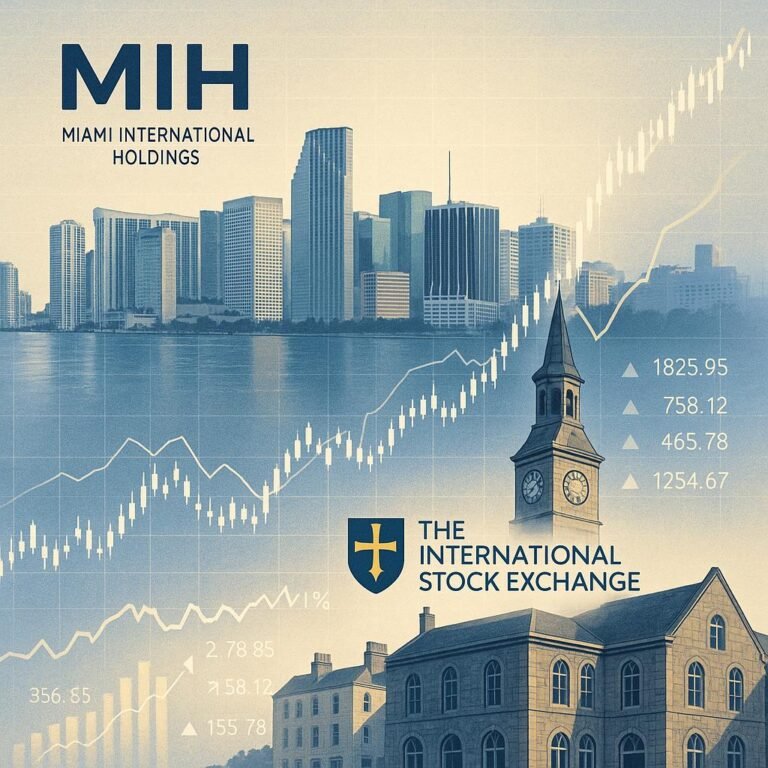Cyber Attack Fallout: Guernsey Supermarkets Grapple with Supply Chain Disruption
In a stark demonstration of digital vulnerability, Guernsey’s supermarkets are experiencing significant supply chain challenges following recent cyber attacks on UK retailers, leaving some store shelves noticeably bare and raising critical questions about local food security.
The Immediate Impact
Shoppers at Marks & Spencer (M&S) and Coop locations across the island have encountered unexpected empty shelves, particularly in fresh produce and chilled goods sections. While the disruption is not uniform—with some customers reporting minimal noticeable changes—the incidents highlight the fragile interconnectedness of modern supply networks.
A Systemic Weakness Exposed
Guernsey’s heavy reliance on UK-based food imports makes the island particularly susceptible to such disruptions. The cyber attacks have not merely caused temporary inconvenience but have exposed deeper structural vulnerabilities in the island’s food distribution system.
Retailers’ Response
Both M&S and Coop have acknowledged the challenges, with M&S proactively taking some systems offline to contain potential spread of digital compromise. Store managers are actively exploring alternative logistics routes and working to restore normal stock levels.
Broader Implications
The situation transcends a simple retail inconvenience. It represents a significant test of the island’s economic resilience and underscores the critical importance of robust cybersecurity and diversified supply chains.
Looking Forward: Potential Solutions
Local authorities and consumer groups are closely monitoring the situation. There’s growing discussion about potentially increasing local food production to mitigate future supply chain risks, though current agricultural capacity remains limited.
Conclusion
While the immediate cyber attack-induced shortages are expected to be temporary, they serve as a crucial wake-up call. Guernsey must reassess its dependence on external supply chains and invest in more resilient, adaptable food distribution strategies.
The incident is not just about empty shelves—it’s a broader narrative about technological vulnerability and the need for strategic economic planning in an increasingly interconnected world.





